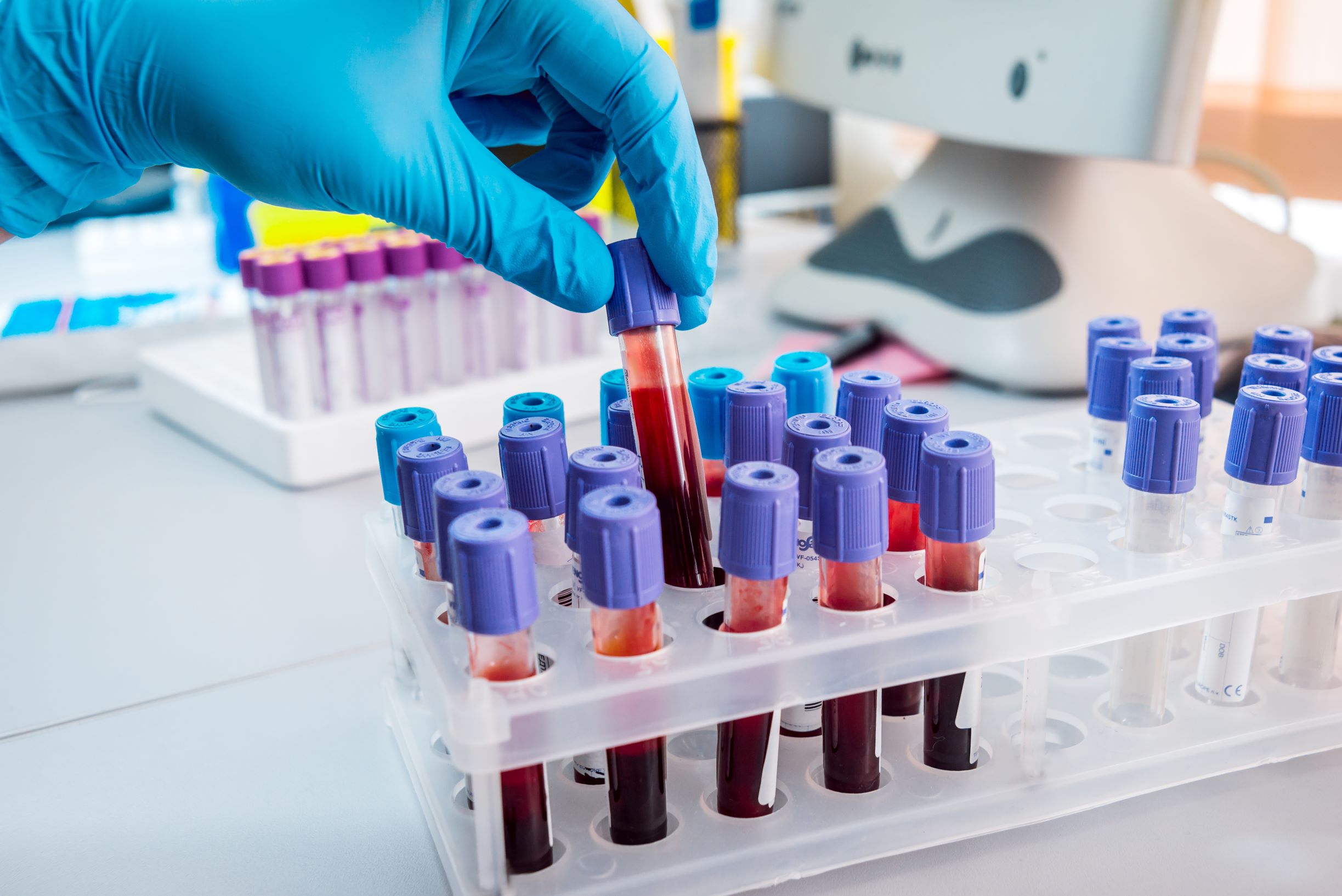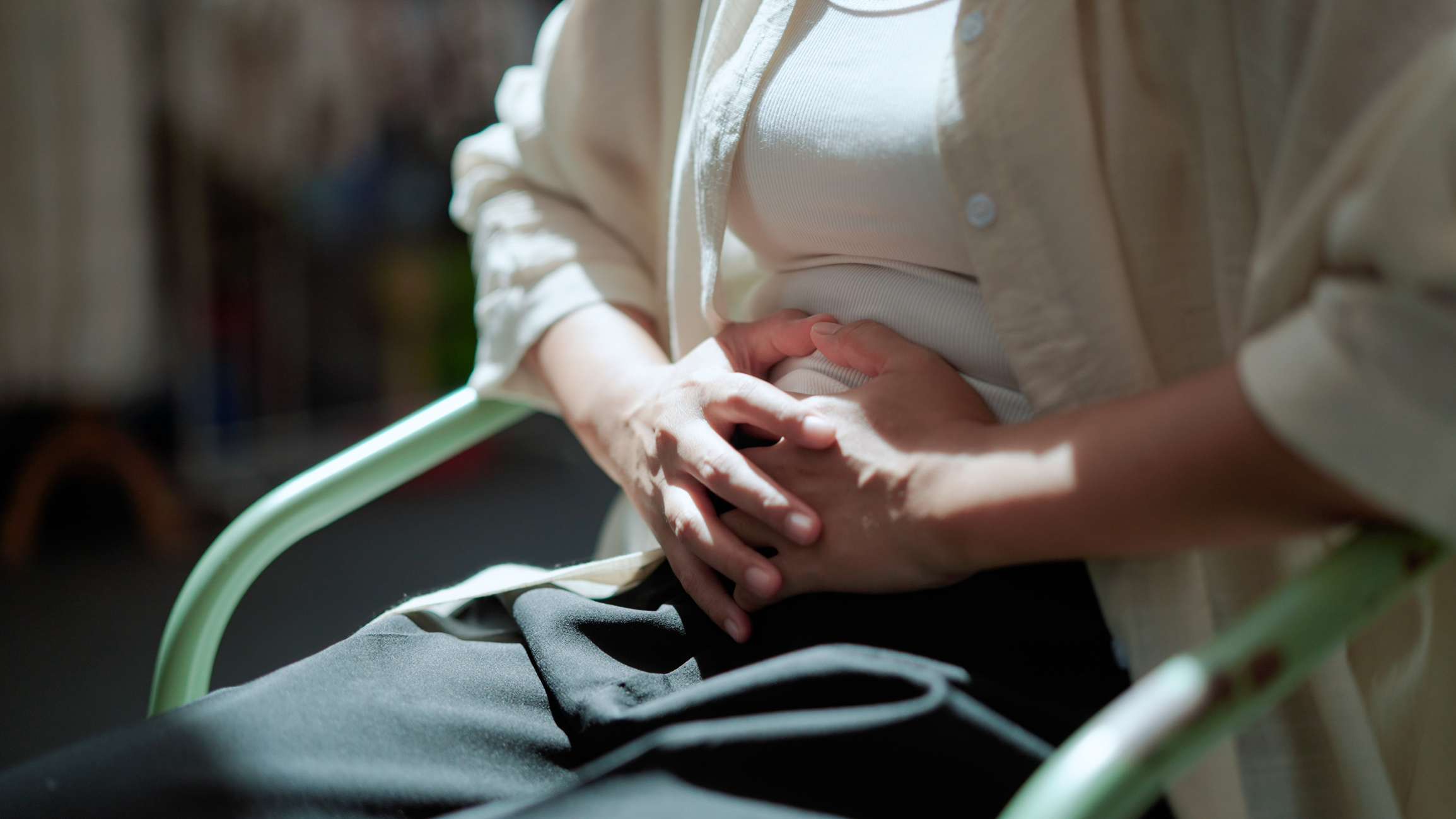
FDA releases more stringent rules for COVID-19 antibody tests
Under the new rules, companies selling antibody tests must submit data showing their tests' accuracy within 10 business days.

The U.S. Food and Drug Administration (FDA) has issued more stringent rules for COVID-19 antibody tests sold in the U.S., after a slew of antibody tests hit the market without adequate proof that they really work, according to news reports.
Under the new rules, companies that are already selling these tests must send the FDA an application for "emergency-use authorization" (EUA), along with data showing the tests' accuracy, within 10 business days, the agency said in a statement. (An EUA allows medical products to be used under certain emergency situations, such as the COVID-19 pandemic, without undergoing the typically extensive FDA approval process.) The tests will also be expected to meet specific standards for accuracy.
Previously, the FDA had allowed companies selling COVID-19 antibody tests to validate their own data, without undergoing FDA review, according to The Washington Post. This policy allowed more than 100 antibody tests to come to market without review from the agency, the Post reported. A number of these tests were flawed or made unproven claims.
"We unfortunately see unscrupulous actors marketing fraudulent test kits and using the pandemic as an opportunity to take advantage of Americans’ anxiety," the FDA statement said. "Some test developers have falsely claimed their serological [antibody] tests are FDA approved or authorized. Others have falsely claimed that their tests can diagnose COVID-19 or that they are for at-home testing," when the agency has not approved any antibody tests for at-home testing.
These antibody tests look for antibodies that the immune system develops to fight SARS-CoV-2, the virus that causes COVID-19. Antibody tests can show if a person has been infected with COVID-19 in the past, but they cannot diagnose a current infection.
So far, 12 antibody tests have been authorized under an EUA, the FDA said. The agency is also currently reviewing more than 200 tests for emergency authorization.
If makers of antibody tests don't submit an EUA application within the 10-day deadline, the FDA will make this information public and may take action to remove the tests from the market, the Post reported.
Get the world’s most fascinating discoveries delivered straight to your inbox.
Originally published on Live Science.
- The 12 deadliest viruses on Earth
- 20 of the worst epidemics and pandemics in history
- 13 Coronavirus myths busted by science
OFFER: Save 45% on 'How It Works' 'All About Space' and 'All About History'!
For a limited time, you can take out a digital subscription to any of our best-selling science magazines for just $2.38 per month, or 45% off the standard price for the first three months.

Rachael is a Live Science contributor, and was a former channel editor and senior writer for Live Science between 2010 and 2022. She has a master's degree in journalism from New York University's Science, Health and Environmental Reporting Program. She also holds a B.S. in molecular biology and an M.S. in biology from the University of California, San Diego. Her work has appeared in Scienceline, The Washington Post and Scientific American.
 Live Science Plus
Live Science Plus






